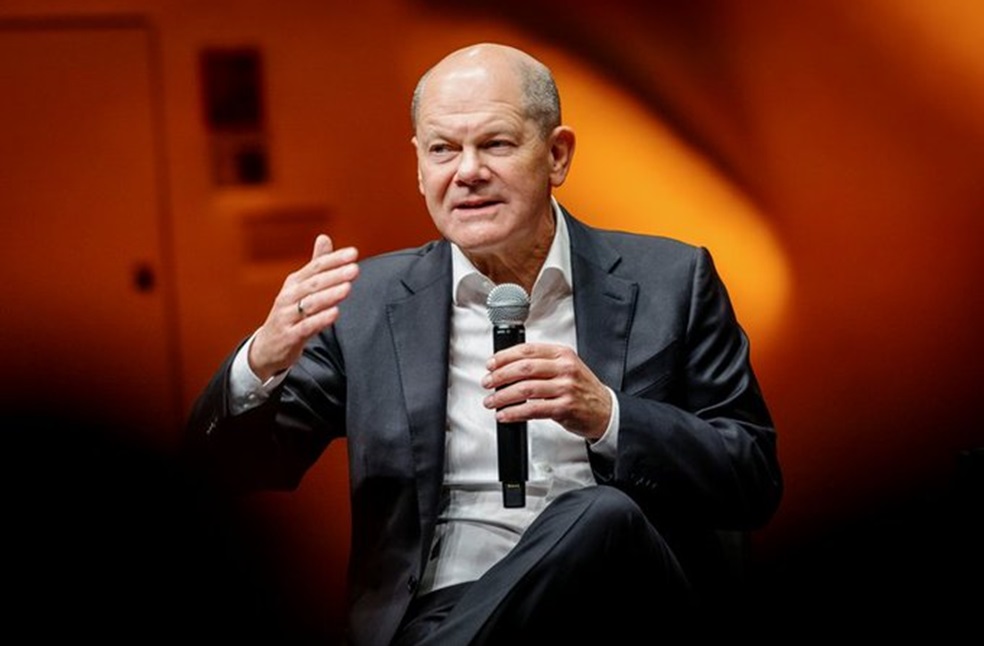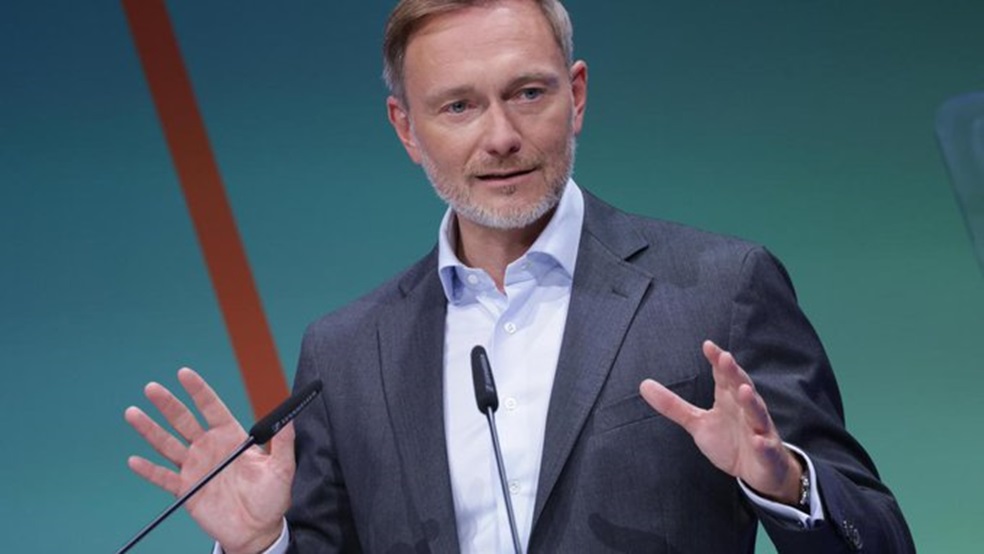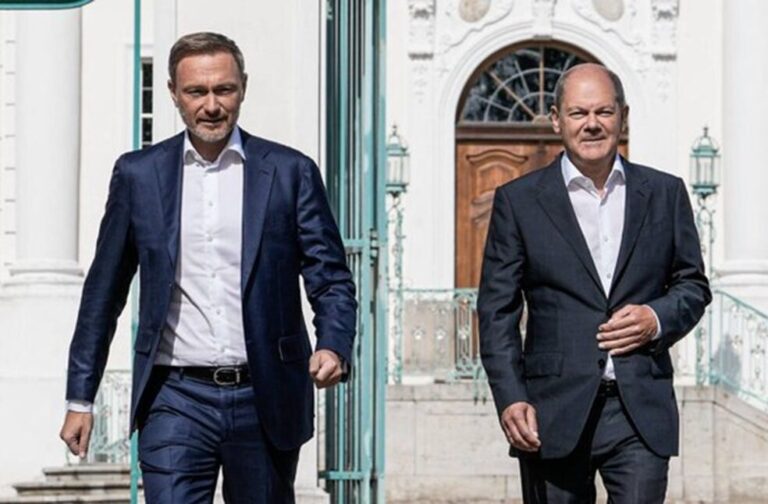Berlin: Political turmoil erupted in Germany as Chancellor Olaf Scholz dismissed Finance Minister Christian Lindner, leading to the collapse of the coalition government and setting the stage for snap elections.
The upheaval, coming just hours after Donald Trump won the US presidential election, has thrown Europe’s largest economy into uncertainty.
With the coalition between Scholz’s Social Democrats (SPD), the Free Democrats (FDP), and the Greens dissolved, Scholz now faces governing with a minority government. Relying on ad-hoc parliamentary support to pass legislation, Scholz announced plans for a parliamentary confidence vote on January 15, a decision that could trigger elections by March if he fails.
In his address, Scholz expressed frustration over the internal conflicts of the coalition, especially with Lindner’s opposition to budget proposals. “We need a government that is able to act decisively for our country,” Scholz stated, accusing Lindner of blocking critical legislation and prioritising party interests over national needs.

The coalition’s collapse follows months of discord over economic direction and fiscal policies amid Germany’s faltering economy and challenges in infrastructure and military preparedness. With right- and left-wing parties surging in popularity, Germany’s political landscape faces a significant shift, potentially benefiting populist movements like the anti-immigrant Alternative for Germany (AfD).
The government crisis arrives at a crucial time for Europe, as it struggles with the implications of Trump’s US presidency, new potential tariffs, and the ongoing war in Ukraine.
Scholz highlighted the need for a united Europe, lamenting the coalition’s disunity on issues ranging from energy to economic recovery.
As Germany endures a second year of economic contraction, Scholz proposed measures such as capping energy costs for companies and supporting the auto industry, aiming to revitalise Germany’s competitive edge. However, Lindner and the FDP, known for their fiscal conservatism, favoured spending cuts, reduced taxes, and a slower shift toward carbon neutrality, resisting Scholz’s calls for expanded public spending and suspending the constitutional debt brake.

Responding to his dismissal, Lindner accused Scholz of attempting to override the fiscal “debt brake,” a limit on public spending, and criticised the chancellor’s approach as unsustainable.
The FDP’s remaining ministers for transport, justice, and education also resigned, signalling a complete break from the coalition.
The collapse of the German coalition government marks a turbulent period ahead for both Germany and the European Union, particularly as France faces its own political uncertainties.



